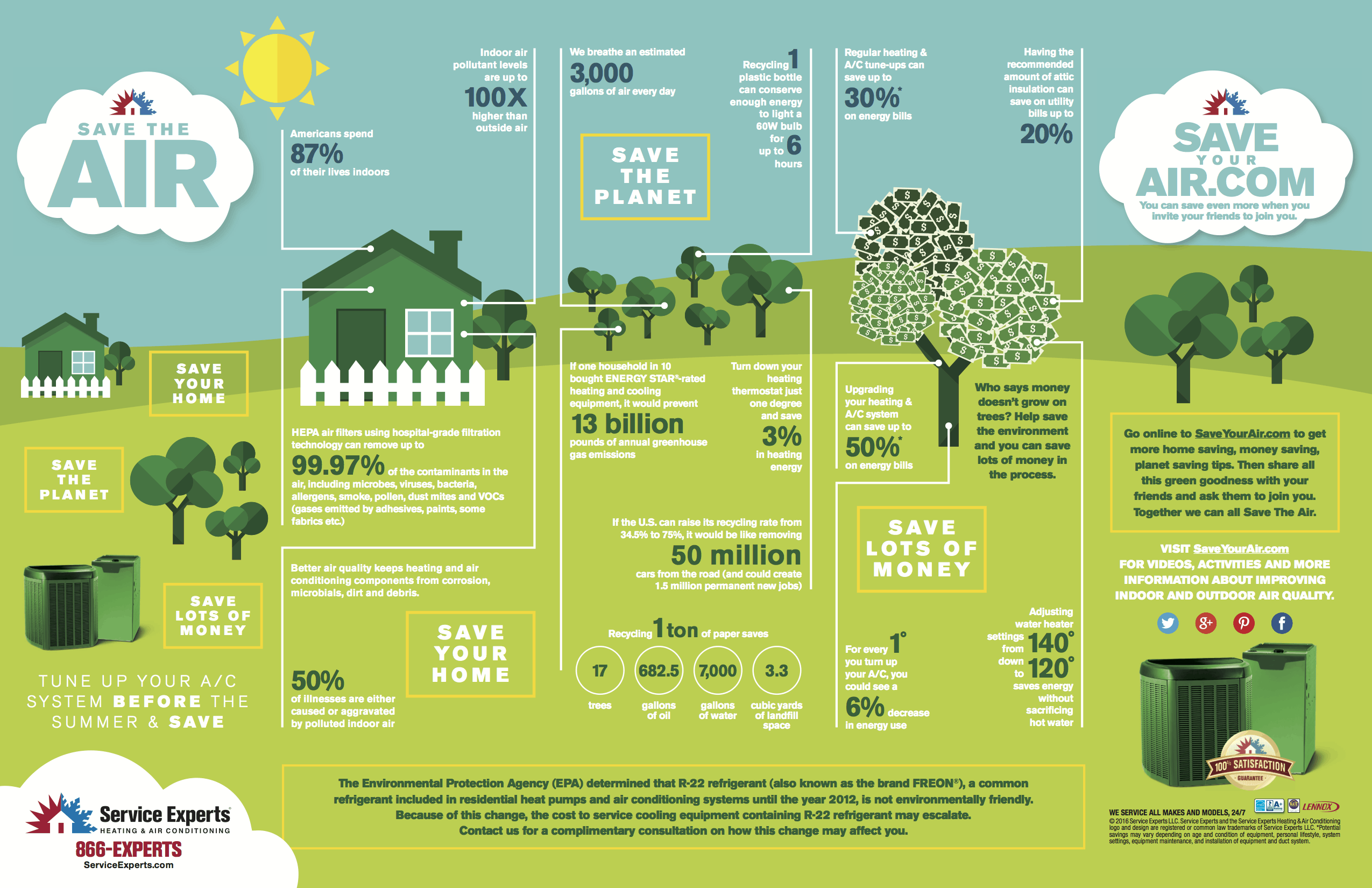Heat Pump Vs Heating System - Which Is The Better Home Heating Alternative For Your Home?
Heat Pump Vs Heating System - Which Is The Better Home Heating Alternative For Your Home?
Blog Article
Content Written By-Huynh Aldridge
Lots of house owners know with heaters, which heat homes with oil or natural gas and push hot air through ductwork. Click To See More are reasonably economical and can give trustworthy heating even during a winter months power blackout.
However, they use nonrenewable fuel sources and create carbon monoxide and other air contamination. They also aren't as energy-efficient as a high-efficiency heatpump.
Expense
Typically, heat pumps are extra inexpensive to operate than furnaces. They normally utilize electricity and cooling agent to essence heat from exterior air, and then transfer it right into your home. You can make the most of more affordable electricity rates throughout off-peak hours to even more lower your heating expenses.
Unlike heatpump, gas or wood-burning furnaces use burning to produce warmth, giving off flue gases into the atmosphere that can be unsafe to your health. These heating systems are also much less energy-efficient than heatpump, and their greater operating expense can add up gradually.
Furnaces are extra challenging than heat pumps and require routine maintenance to ensure the proper feature of all parts. In spite of this, they tend to last longer than heatpump with a typical life expectancy of twenty years or even more. Nevertheless, you'll require to factor in the cost of gas, fuel oil or timber and the additional tools required for installment and operation such as ducts and air flow systems.
Energy Efficiency
Heat pumps have a higher energy effectiveness ranking than heating systems. These systems make use of power to scavenge warm from the air, even in freezing temperature levels. They can additionally remove excess warm from the home during warmer months and recycle it to cool down the system. Provider experts can aid you establish the very best model for your online on climate and resource power prices.
Furnaces melt gas oil, lp, natural gas or other kinds of fossil fuel to heat the air in the home. This air is then spread via ductwork using a big fan. Heaters produce greenhouse gases and need normal maintenance and tools upgrades to make certain secure procedure.
The greatest benefit of a heating system is that it can be run even in extreme wintertime problems because it does not count on outside temperatures to heat the air. Heaters additionally have a longer life-span than heat pumps and commonly last 15 years. They can additionally be paired with dual gas options, which choose one of the most effective heating alternative based upon the weather condition.
Climate
Heatpump function well in modest environments and make use of much less source energy than furnaces. Nonetheless, if your area is incredibly cold, you might need to buy a basic gas heater instead.
Heaters provide warm, comfortable warm and typically supply rapid home heating to increase indoor temperature levels. These systems can be made use of with a variety of gas types, consisting of gas, propane, oil or electrical energy.
They consume more energy than heatpump-- up to 3x as much-- and require ductwork that's expensive to set up or retrofit. They're also more costly to preserve, as they can trigger air high quality problems and produce greenhouse gas discharges.
If you're committed to reducing your carbon footprint, a heatpump is an excellent choice for your home. They have fewer greenhouse gas discharges than furnaces, especially if you select a power STAR ® heatpump. Your neighborhood Provider expert can discuss the distinctions between these two furnace and aid you make the best choice for your unique demands.
Personal Preferences
Heaters can be very energy efficient when powered by natural gas, gas or oil, however they aren't as power efficient as heat pumps in frigid climates. They can likewise be extra pricey to set up, requiring gas lines and air flow systems.
Nonetheless, furnaces have a tendency to call for less upkeep, which can result in lower recurring expenses. They generate less greenhouse gases and are more trusted than heat pumps throughout extreme climate.
Electric heat pumps are a lot more versatile in creating indoor convenience due to the fact that they can additionally work as air conditioners during warmer months. They can be easier to preserve, requiring only normal air filter changes and periodic vacuuming.
If you like the convenience of a solitary system that does it all, think about a hybrid home heating service that pairs a furnace with an electrical heatpump. These systems can automatically switch over in between both heating choices based on your home's requirements and temperature problems, taking full advantage of performance and financial savings.